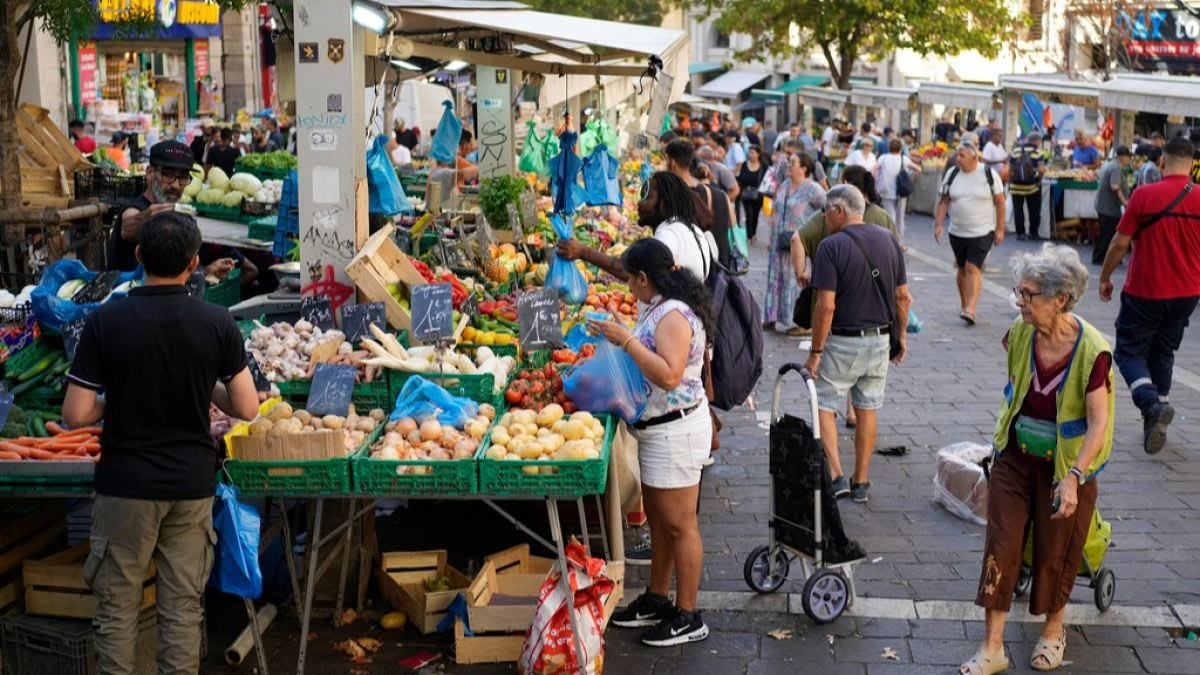In France, the second-largest economy of the European Union, the inflation rate decreased to 0.8% year-on-year in February, primarily driven by a reduction in the cost of electricity. This decline caused the consumer price index to drop from the January figure of +1.7%, according to data from the French statistical institute Insee. On a monthly basis, prices remained unchanged in France. The harmonized EU inflation index showed a slight increase of 0.9% in February compared to the same time last year.
The significant deceleration in inflation has fueled predictions that the European Central Bank (ECB) will further reduce the deposit rate by 25 basis points to 2.5% in the upcoming week. The chief economist, Sylvain Bersinger, from the economic consulting firm Asterès, explains the low inflation in February by referencing the decrease in electricity prices. After two consecutive years of price hikes, there was a 15% average drop in electricity prices on February 1st for over 24 million subscribers, which result in energy inflation falling to -5.7% in comparison to last year.
While there was a slight increase in food prices over the year, service prices and manufactured goods slowed down, although not to the same extent.
Bersinger forecasts that inflation will not remain at such low levels in the coming months and quarters, expecting a slight inflationary trend in the production chain. Inflation is projected to rise slightly in the spring of 2025, while remaining below 2%. Industrial production prices are expected to increase after no change in January, along with a further rise in agricultural production prices.
However, the slowdown in wage growth is expected to prevent a sharp rebound in inflation. Wages increased by 5% year-on-year in the fourth quarter of 2022, but this increase was only 2.1% in the fourth quarter of 2024. This, Bersinger believes, will limit the rise in business costs and therefore restrict price increases.
French inflation figures in February contrast with other European countries, such as Spain where inflation rose to 2.9% over the year. Italian prices also increased by 1.7% compared to last year, according to preliminary estimates from Italy’s statistical office ISTAT. This was the highest inflation rate in Italy since September 2023.
In addition to inflation, the French economy contracted by 0.1% in the last quarter of 2024 compared to the previous quarter. This is a slower growth compared to the previous quarter’s expansion of 0.4%, partly boosted by events such as the Paris Olympic and Paralympic Games.
Household consumption growth slowed down to 0.3% in the last three months of 2024, which continued into January 2025 as indicated by a 0.5% month-on-month drop. The French GDP was also impacted by a decline in fixed investment, particularly construction investment.
On an annual basis, the French economy expanded by 0.6%, slightly below the preliminary estimate of 0.7%, marking the slowest yearly growth since the end of 20
Source: https://www.euronews.com/business/2025/02/28/inflation-in-france-hits-its-lowest-level-in-four-years-in-february






